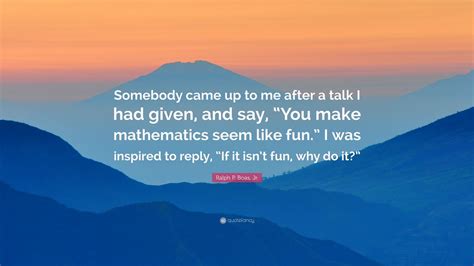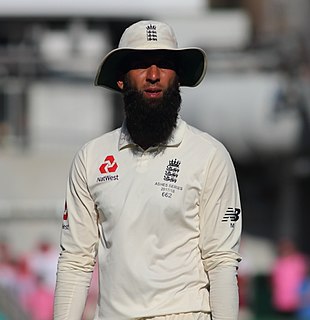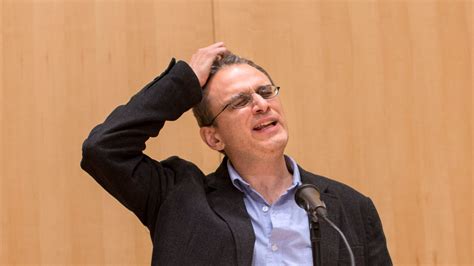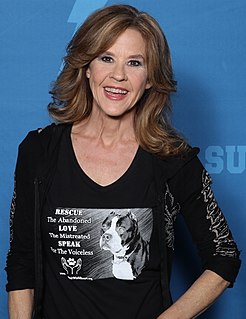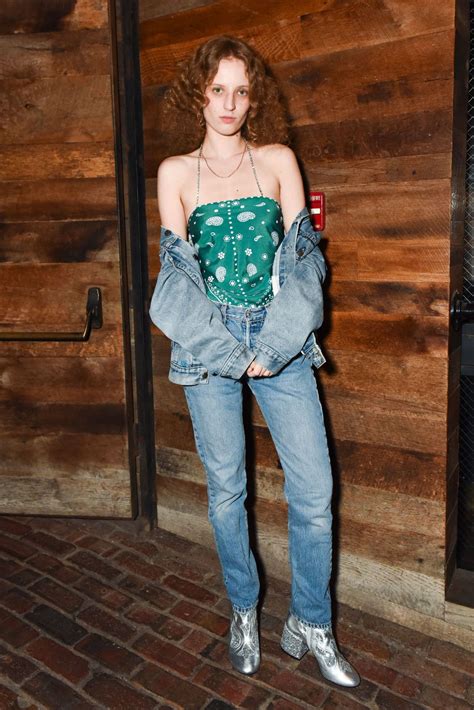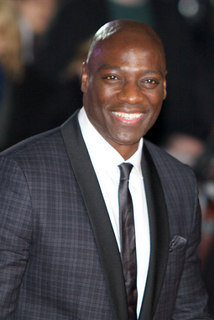A Quote by Maz Jobrani
I've had people come up to me after the show and say, 'Why did you not make fun of Pakistan?' People are actually upset you didn't talk about them.
Related Quotes
My humour comes from acknowledging different communities. That's what my fans are responding to - they know that I 'get it.' I understand them. I take the time to understand them. I get more complaints from people when I don't talk about them. I've had guys come up to me after a show and go, 'You didn't talk about Latvians!'
Why would anybody connect to someone who has everything going for them? It's the person who has faults that people want to connect to. So people identify with certain insecurities on stage and just by me talking about my diabetes people come up to me after the show and tell me "Gabe, my blood sugar is out of control and I feel you". That's the first thing they say, they say "I feel you!".
I don't want people at my shows to come out and say, 'I just saw a cool show.' I want them to say, 'I had fun at the show.' I want it to be a collaborative thing and be part of the audience and have them be part of me. I try to interact with everyone there and have them be equal to me because they are.
I'd never go up to somebody and start preaching, but if somebody asks I'm willing to talk about it. Often, after people have seen me praying, they'll ask and it's a chance to show how normal prayer time is and why we do it, to teach people about the religion. Not to try to change them, but to explain.
At the beginning of the Larry Sanders show, you know, we were grateful to get guests. At the end, it was as if we actually were The Tonight Show. People would come on, and it had the same sort of imprimatur as if we were on the air. I've been on a lot of talk shows during that time and since then, and people would come up in the dressing room or in the corridors and say, "You guys got it exactly right." Or they would say, "We have Larry Sanders moments every day."
I did a movie a few years back, 'Medicine for Melancholy.' People will come up to me after a set and say, 'I really love that movie. When are you going to do another one?' Or 'I loved you on 'The Daily Show.' Why did you leave?' It's kind of the same as saying, 'I loved you in high school. You should have never left.'
There's no doubt about it: fun people are fun. But I finally learned that there is something more important, in the people you know, than whether they are fun. Thinking about those friends who had given me so much pleasure but who had also caused me so much pain, thinking about that bright, cruel world to which they'd introduced me, I saw that there's a better way to value people. Not as fun or not fun, or stylish or not stylish, but as warm or cold, generous or selfish. People who think about others and people who don't. People who know how to listen, and people who only know how to talk.
I've had people appear in my life that have helped me. I had more fun. I approached it thinking how would Jack Nicholson, "How would he do it?" So that's really what I did was I created this Gremlin character. So now people come up and they say 'Oh The Exorcist!'.. and I'm like "Did you see Repossessed?" They say either no or yes or whatever, and I say look at this, have a laugh, and then go back and look at a masterpiece.
I love religion. I could make up religions all day. I sort of think that in an ideal world I'd like to be a religion designer. I'd like people come up to me and say, I need a religion. I'd go talk to them for a while, and I'd design a religion for them. That would be a great job. There's a need for people like that. Fortunately, seeing that one can't actually do it, I get paid for sort of making them up anyway.
I'm more likely to not invite someone back for not talking. If someone talks a lot, I can usually shut them up and control them. But with people who don't talk, if they don't really want to talk, they probably shouldn't be on this show, and that's fine. They're talented people with things to say, but sometimes people say what they have to say through other means than arguing.
I've actually found - especially doing my cabaret show - I'm connecting with people in a way I haven't connected with them. I've found that when you're open and honest, people respond to that, whatever you're being open and honest about. You could then, when you lay that as the groundwork, say, "Here I am. This is what I think. I come in peace." Then you're able to push out, to be able to talk about more things. And that's been a really heartening thing about my life, actually.
What you desire, as an actor, is to have an impact. That's why you did it. You want to move people, and you want to resonate with your audience. It's always a great compliment to have people appreciate and speak of the characters. I can go anywhere in the world, to places where people don't actually speak English, and people can say, verbatim, what I said on the show as Mr. Eko, which is great. That's fun!

